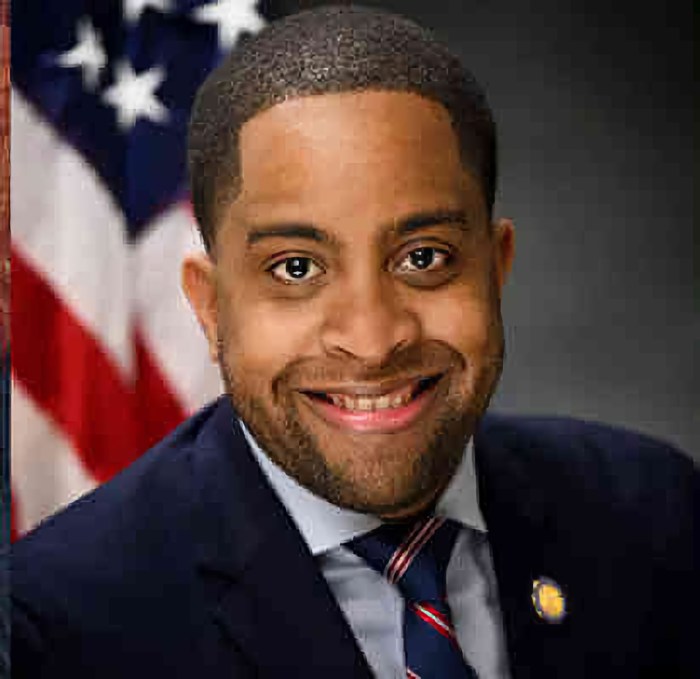WASHINGTON – President Barack Obama said Tuesday the disputed election in Iran revealed a change in expectations among voters and perhaps their leaders. He said he was deeply troubled by the election and its aftermath but stopped short of saying the re-election of hard-liner Mahmoud Ahmadinejad was rigged.
“I do believe that something has happened in Iran,” with Iranians more willing to question the government’s “antagonistic postures” toward the world, Obama said.
“There are people who want to see greater openness and greater debate and want to see greater democracy,” he said during a Rose Garden news conference.
“How that plays out over the next several days and several weeks is something ultimately for the Iranian people to decide, but I stand strongly with the universal principle that people’s voices should be heard and not suppressed.”
He said nothing about the declared winner, Ahmadinejad, or the pro-change challenger whose supporters claim the election was stolen.
“It’s not productive given the history of U.S.-Iranian relations to be seen as meddling,” Obama said.
After deadly protests in Tehran on Monday, with demonstrators holding signs that read, “Where Is My Vote,” the clerical regime organized a counter-rally Tuesday. The government also said it would re-count some ballots but would not declare last Friday’s voting void.
Obama said Iran’s powerful religious chief, who is more influential than the president, appears to understand the dissatisfaction in his country.
“You’ve seen in Iran some initial reaction from the supreme leader that indicates he understands the Iranian people have deep concerns about the election,” Obama said.
Supreme Leader Ayatollah Ali Khamenei said Monday that the government would investigate the election. The move seemed intended to calm protester anger but was followed by a rally of hundreds of thousands of people who presented one of the greatest challenges to Iran’s government since it took power in the 1979 Islamic Revolution.
“My hope is … that the Iranian people will make the right steps in order for them to be able to express their voices, to express their aspirations,” Obama said.
Ahmadinejad travelled to Russia on Tuesday after delaying a trip for a day but did not mention the Iranian election or unrest. Instead, he focused on a traditional target, the United States.
“America is enveloped in economic and political crises, and there is no hope for their resolution,” he said through an interpreter. “Allies of the United States are not capable of easing these crises.”
In Washington, Sen. John McCain said Obama is not speaking out strongly enough. The Arizona Republican, who lost the presidency to Obama last fall, spoke on a network news show Tuesday. His remarks followed Obama’s initial statement of concern about the Iranian election on Monday evening, but before Obama returned to the topic on Tuesday.
“He should speak out that this is a corrupt, flawed sham of an election and that the Iranian people have been deprived of their rights,” McCain said on NBC Television.
The leading Republican on the Senate Foreign Relations Committee thinks the Obama administration’s arms-length stance is just right.
“I think for the moment our position is to allow the Iranians to work out their situation,” Sen. Richard Lugar said. “When popular revolutions occur, they come right from the people.” He told CBS Television that it is not a good idea for the United States “to become heavily involved in the election at this point.”
Obama had said Monday an inquiry into the disputed presidential election should go ahead without violence and said he did not know who rightfully won the Iranian balloting, but that Iranians have a right to feel their votes mattered. He said he remains committed to what he called “tough, hardheaded diplomacy” with a nation that could soon possess nuclear weapons.
Obama’s response to the voting appears calculated to acknowledge the outpouring of dissent in Iran without claiming any credit.
“It would be wrong for me to be silent on what we’ve seen on the television the last few days,” Obama told reporters Monday. He added, however, that “sometimes, the United States can be a handy political football.”
The new American president is hugely popular in Iran, and all candidates in this year’s surprisingly lively presidential election backed off on criticism of the United States. But the larger idea of the United States, and its world influence backed by massive military power, remains highly divisive. Any candidate or popular movement seen to have the express backing of the United States probably would be doomed.
“What I would say to those people who put so much hope and energy and optimism into the political process, I would say to them that the world is watching and inspired by their participation, regardless of what the ultimate outcome of the election was,” Obama said Monday. “And they should know that the world is watching.”
















